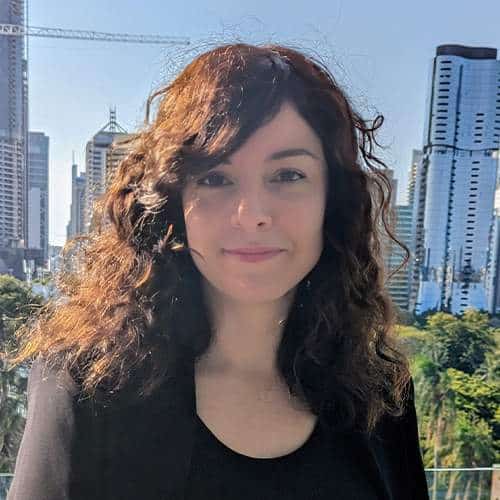Tell us about your current research project
One promising strategy to delay, prevent, or reverse the progression of progressive multiple sclerosis (PMS) involves promoting the regeneration of the myelin sheath. This process, known as remyelination, depends on adult oligodendrocyte progenitor cells (aOPCs). For successful remyelination, these cells must activate, migrate, proliferate, and differentiate to form new myelin in damaged areas. However, remyelination can fail if these cells are unable to mature and differentiate.
GPR17 plays a crucial role in the maturation of OPCs and the regulation of (re)myelination. Our project aims to directly target myelin repair and regeneration by inhibiting GPR17 with a small molecule. This innovative approach has the potential to significantly advance the treatment of progressive MS, offering new hope for patients.
